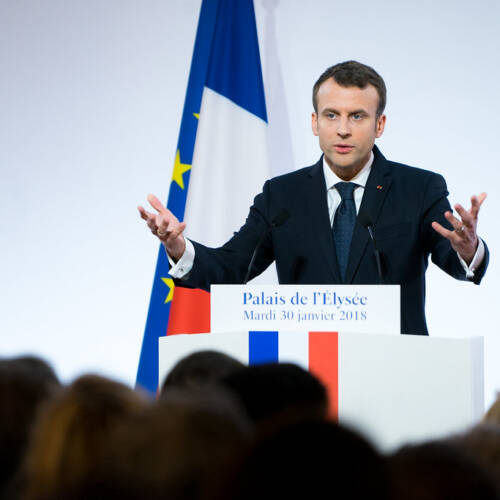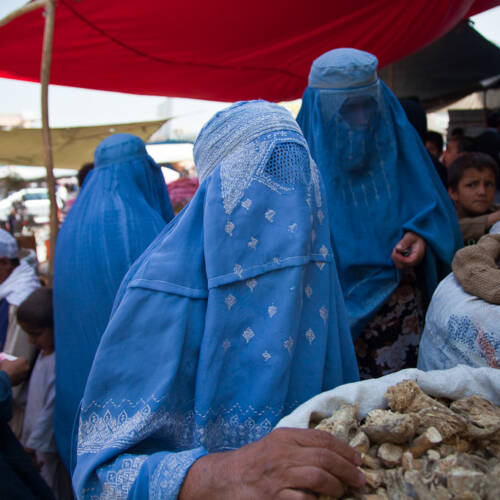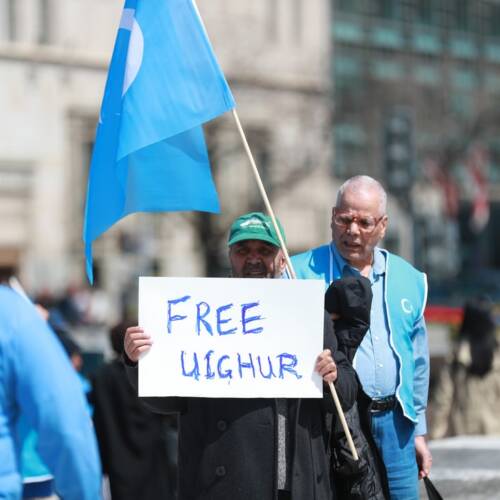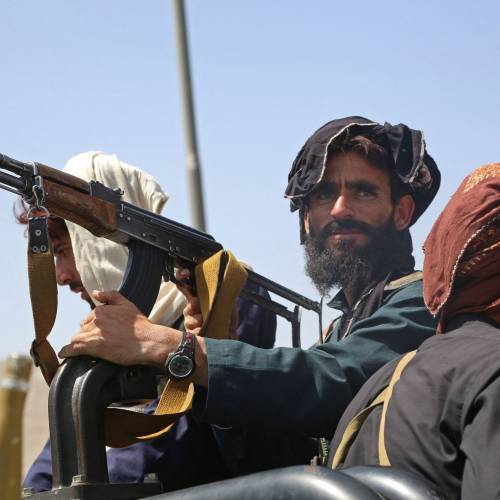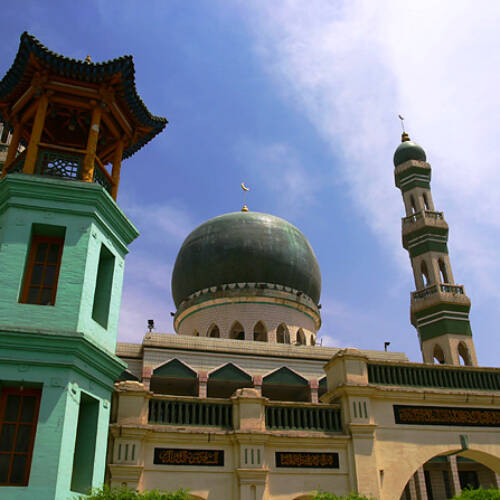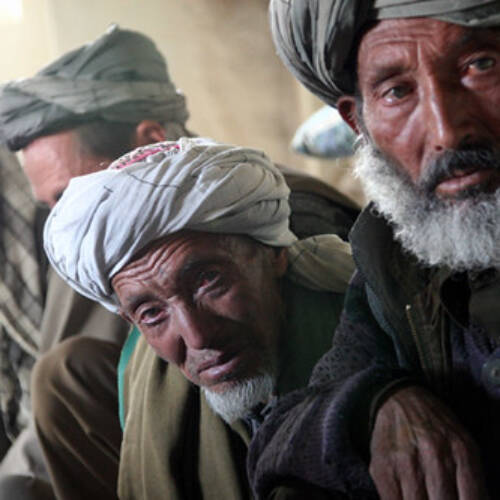
Does China want to engage with the Taliban?
23 Dec 2021The United States’ departure from Afghanistan presents a fruitful opportunity for Beijing. But there are clear dangers of a Chinese presence in the region, once more in a country in the depths of a humanitarian crisis.
The Taliban have been warming up to China for years now, a country that wasn’t part of the rushed exodus from Kabul in August, and has already made pledges to invest in the country. These investments would come in the form of primary resource production and more importantly humanitarian aid, something the Taliban government desperately need in the absence of aid from the West.
There are also a range of economic benefits for Beijing, should they choose to engage with the new administration in Kabul. Natural resource extraction is one such opportunity, with a reported £1 trillion-worth of minerals locked away in the Afghan mountains. Bringing Afghanistan into the Belt and Road Initiative (BRI) plans and enhancing their connectivity with Pakistan also strengthens China’s hand in the region.
Geopolitically as well, there is a clear logic to Chinese engagement and investment in Afghanistan, especially when this means complications for India, who comes as a key adversary for both China and Pakistan. A Taliban government aligned with both countries will weaken India significantly, which is still engaged in a border stand-off with China and doesn’t want to add another hostile neighbouring country to its list.
However, both the geopolitical and economic incentives for Chinese engagement with the Taliban are dependent on the security situation in Afghanistan. This entails the stability of the Taliban regime and the presence of terrorist groups in the area, which could significantly stifle Chinese investment plans and the general integrity of their presence in the region, which could be weighed down by a moral responsibility to respond to such threats, a position quite familiar to the Americans across the Pacific. A Chinese footprint on Afghan soil will certainly come at a cost.
This reality has already become apparent to Beijing this year, with an explosion in a Mosque in Kunduz, Afghanistan killing nearly 50 people. The perpetrators were militant group Islamic State-Khorasan, who said the bomber was Uyghur and was punishing the Taliban government for their close cooperation with China despite their actions towards Uyghur Muslims in Xinjiang. It seems as though this might be a costly alliance, interventionist external powers naturally becoming a target for jihadist groups as the United States was, and although the Taliban government desperately need the aid, they’ve already got a big enough target on their backs from groups like Islamic State of Khorasan.
Not only will China need to resolve the Uyghur issue, and the Taliban governments own links to Uyghur militant groups that want to settle in the Xinjiang province, but they will also need to address the problem of the illegal narcotics trade that has financially sustained the Taliban for years. Beijing already handed over $30 million to the group in September in the endeavour of making this less desirable. Whether Pakistan will support counternarcotics efforts is another thing, but Beijing is clearly against this practice.
With Afghanistan’s economy set to contract by up to 30% this year, along with assets and international aid being frozen or cut, time is not on the Taliban’s side. But China might want to wait until it formally engages with the new administration, as the country tackles an ongoing humanitarian and security crisis. Beijing would ideally want the United States to take responsibility for the current situation, rather than investing straight away in an unstable country. They have certainly already made inroads, but the desperation of the Afghan state and society might prove too much for a country inexperienced in counter-terrorism and long-term state building efforts.










